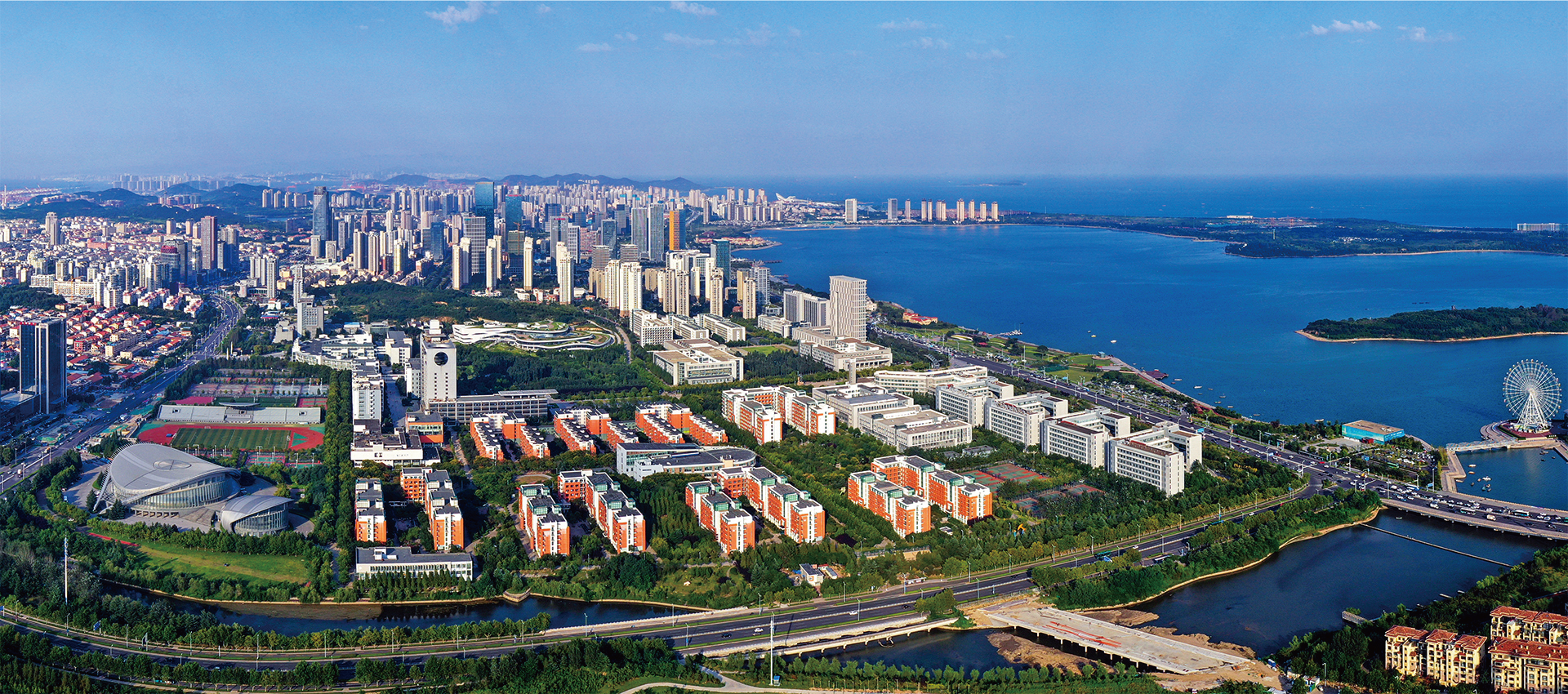Time:Nov 24, 2021, 7pm (Beijing Time)
Location:online
Title: Manganese-based materials as active catalysts in oxidative reactions
Speakers:Juan José Delgado
Dr Juan José Delgado has sought to strongly contribute to address some important open questions in the field of Heterogeneous Catalysis for a Sustainable Energy Production and Environment Protection. In particular, He has focused his career on the rational design of innovative nanocatalysts with tailored properties by elucidating structure-reactivity relationships at molecular scale. He has combined different Advanced Electron Microscopy Techniques, computer modelling, volumetric adsorption and FTIR spectroscopy studies to identify the active phase present in several transition and noble metal based catalyst. At the present time, He focuses on the Synthesis of Nanostructured Catalysts for Sustainable Energy Production and their characterization by Advanced Electron Microscopy Techniques. One of the main objective of his new research lines is the evaluation of the effect of different Au and Ag nanoparticle architectures on the absorption properties of a number of TiO2 semiconductors with different morphology (core-shells, cubes, rods, pyramids, etc) and sizes. In the case of the TiO2 semiconductors, especial attention is paid to bi-dimensional nanoparticles to decrease the e-/h+ recombination rate.
He is principal investigator of 5 Spanish national projects and has participated in 4 Spanish national projects, 2 AECI (Cooperation with South America), 1 regional (Andalucía), 3 European and 4 projects sponsored by private companies (described in the Technology Transference Activities). He has presented his research work in 72 contributions to national and international conferences on Catalysis, Material Science, Electron Microscopy and Chemistry. 20 of those conference contributions were oral presentations.
Title: Bimetallic Au-Pd supported on ceria-zirconia catalysts for oxidation of alcohols
Speakers:Xiaowei Chen
Xiaowei Chen has sought to strongly contribute to address some important open questions in the field of Heterogeneous Catalysis for Sustainable Energy Production. In particular, she has focused her career on the rational design of innovative nanocatalysts with tailored properties by correlating structure-reactivity relationship at molecular scale. At the present time, she focuses on the Synthesis of Nanostructured Catalysts for Sustainable Energy Production and their applications for clean energy production. Her research interests can be divided into 3 directions:(1) Photocatalytic reforming of alcohols to produce hydrogen. (2) Au supported on CeO2 with different morphology (cubes and rods) and bimetallic Au-Pd and Au-Ru nanoparticles supported on Ce-Zr mixed oxides for selective oxidation of alcohols (glycerol and benzyl alcohol). (3) Ni and Cu doped and pure cryptomelane-type manganese oxides for CO oxidation and dry reforming of methane for H2 production.
She is principal investigator of 2 Spanish national projects and coordinator of 5 international joint projects in University of Cadiz. She has participated in total 16 regional, national and international joint projects. She has published 1 book chapter and 74 papers in international peer reviewed (JCR indexed) journals. During the last five years, she has published 23 articles and she is corresponding author in 11 of them. She has contributed to articles published in top-level journals with high impact factors, such as 5 on Angew. Chem. Int. Ed., 1 on Energy Environ. Sci., 1 on Adv. Mater., 1 on ACS Catal., 1 on Chem. Commun., 10 on J. Catal., 1 on Appl. Catal. B y 2 on Carbon, etc. She is also inventor of 4 patents in China and Spain. She has presented her research work in 41 contributions to national and international conferences.
Title:Using STEM for characterization of nanostructed cerium-based catalysts
Speakers:José Juan Calvino
José Juan Calvino is a Professor of Inorganic Chemistry at the University of Cadiz since 2011. Since 2004 he has been leading the Electron Microscopy Facilities at the University of Cadiz (DME UCA, http://sccyt.uca.es). His research career, which started in 1988, has developed at the frontiers of Heterogeneous Catalysis and Electron Microscopy. It has been specially focused on the development of Advanced Electron Microscopy methodologies for the atomic scale analysis of nanomaterials. He has applied these methodologies to the study of a wide spectrum of lanthanide containing systems of interest in Environmental Catalysis. Thus, exploiting the highly varied possibilities of electron microscopes to understand in detail the chemical aspects of the synthesis, function and deactivation of catalysts is the topic underlying most of his scientific production; over 180 publications (papers, book chapters) with an H index of 39 (ISI WoS). He has also co-authored 9 patents. He has been the Coordinator of the University of Cadiz team within the two European FP6 and FP7 “ESTEEM” Projects (Enabling Science and Technology through European Electron Microscopy). He has a large experience in TEM teaching, having organized the yearly summer school “TEM-UCA: Transmission Electron Microscopy of Nanomaterials” since 2001.
He has presented more than 20 invited or plenary lectures at national and international meetings in the fields of Electron Microscopy, Catalysis or Chemistry of the 4f elements. As scientist in charge of DME-UCA, he has been the Principal Investigator (IP) of several Infrastructure Projects funded by the FEDER program, both at national and regional levels. From these, we should highlight the last five, with a total budget over 7 M€, for the installation of two ultra-high resolution, last generation, Electron Microscopes, a High Throughput Electron Microscope and a Dual Beam station.
His current research work focuses on the development of novel, nanostructured, ceria-based catalysts featuring very low contents of the lanthanide elements for applications in Environmental Catalysis. In parallel, the development of advanced Electron Microscopy methodologies for the analysis of nanomaterials, especially catalysts, still concentrates a major part of his scientific interest. As Scientific Coordinator, pushing the capabilities of the DME-UCA node within the quite recently renewed National Unique Infrastructure on Electron Microscopy of Materials (ICTS ELECMI, http://www.elecmi.es) is an important part of his current work.
College of Chemical Engineering
2021.11.22



 +86 86981731
+86 86981731
 66 Changjiang West Road, Huangdao District,Qingdao City, Shandong Province
66 Changjiang West Road, Huangdao District,Qingdao City, Shandong Province
 weimengji@upc.edu.cn
weimengji@upc.edu.cn
